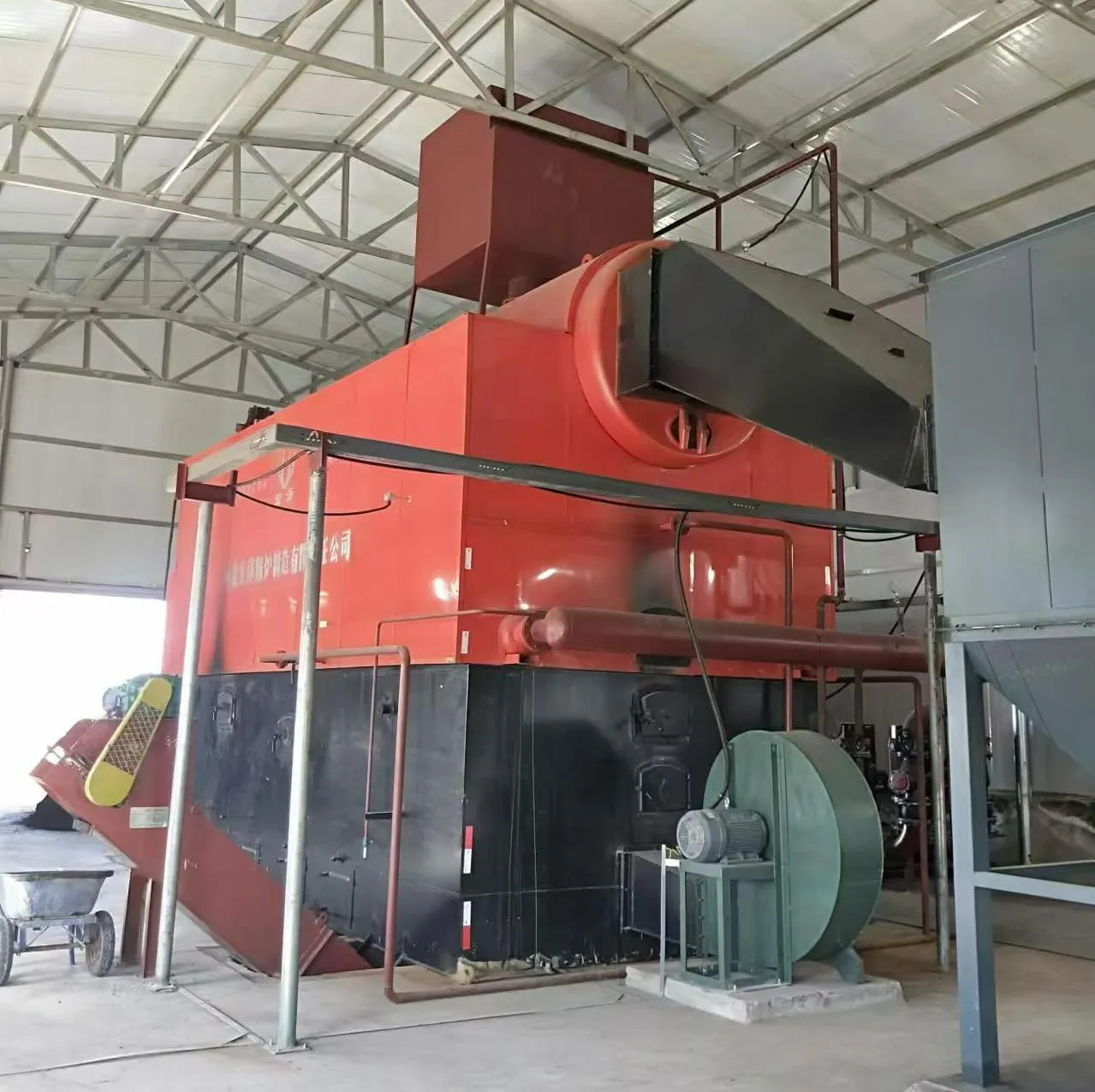
ធ្នូ . 05, 2024 02:48 Back to list
modern steam boilers
Modern Steam Boilers Innovation and Efficiency in Thermal Engineering
In the realm of thermal engineering, modern steam boilers play a crucial role in various industries, offering efficient heating solutions across power generation, manufacturing, and residential heating applications. These innovative systems not only enhance energy production but also prioritize safety and environmental sustainability. This article explores the advancements in modern steam boiler technology, their applications, benefits, and the challenges they face in today’s rapidly evolving industrial landscape.
Evolution of Steam Boilers
The history of steam boilers dates back to the late 18th century, when they became vital in fueling the Industrial Revolution. Traditional steam boilers operated with relatively low efficiency and high emissions. However, advances in materials science, thermodynamics, and control systems have transformed boiler technology dramatically over the years. Modern steam boilers are designed with enhanced materials that withstand high pressure and temperature, delivering superior performance and safety.
Types of Modern Steam Boilers
Modern steam boilers can be categorized into several types based on their application, design, and operation. The most common types include
1. Fire-Tube Boilers These boilers consist of a series of tubes through which hot gases pass, heating the water surrounding the tubes. Fire-tube boilers are known for their simplicity and reliability, making them suitable for low to medium pressure applications.
2. Water-Tube Boilers In contrast, water-tube boilers circulate water inside tubes exposed to hot gases. This design allows for higher pressure operation and is typically used in power plants and large industrial facilities.
3. Electric Steam Boilers With growing emphasis on sustainability, electric steam boilers have gained popularity due to their energy efficiency and zero emissions at the point of use. They harness electricity to produce steam, offering a clean alternative to fossil fuel-based boilers.
4. Biomass Boilers With the global push for renewable energy, biomass boilers have emerged as a viable option for generating steam from organic materials. These systems reduce reliance on fossil fuels and contribute to lower carbon emissions.
modern steam boilers

Efficiency and Sustainability
One of the significant advantages of modern steam boilers is their efficiency. Advanced designs and automated control systems optimize fuel consumption, leading to reduced operating costs and lower emissions. High-efficiency burners and economizers recover waste heat, further enhancing performance. Moreover, modern boilers are equipped with sophisticated monitoring systems that allow real-time adjustments, ensuring optimal operation and minimal energy wastage.
Incorporating renewable energy sources, such as solar and wind, into steam generation systems enhances sustainability. Hybrid systems that integrate biomass with conventional fuels provide a balanced approach to energy production while minimizing environmental impact. The use of advanced emissions control technologies, such as flue gas desulfurization and selective catalytic reduction, helps meet stringent regulatory standards, ensuring cleaner operations.
Applications of Modern Steam Boilers
The versatility of modern steam boilers allows them to cater to various industries. In the power sector, they are essential for steam generation in thermal power plants. In manufacturing, steam boilers support processes such as sterilization, drying, and chemical production. The food and beverage industry relies on steam for cooking, pasteurization, and sanitation. Additionally, steam boilers are used in district heating systems, providing warmth and hot water to residential and commercial areas.
Challenges and Future Directions
Despite their advancements, modern steam boilers face challenges in adapting to emerging technologies and regulatory requirements. The shift towards decarbonization and the need for greater efficiency compel manufacturers to innovate continually. The adoption of smart boiler technologies, including IoT integration and predictive maintenance, is becoming increasingly important to ensure reliable performance and prolong equipment lifespan.
The ongoing development of alternative fuels, such as hydrogen, presents both opportunities and challenges for the steam boiler industry. As the world moves towards greener energy solutions, the future of steam boilers will likely involve the integration of new fuels and technologies to enhance sustainability and efficiency.
Conclusion
Modern steam boilers are at the forefront of thermal energy solutions, encompassing a wide range of applications and embodying innovations that reflect contemporary energy demands. Through improved efficiency, reduced emissions, and the incorporation of renewable sources, these boilers represent a pivotal element in the journey towards a more sustainable and energy-efficient future. As industries evolve, so too will the technology behind steam boilers, continually adapting to meet the challenges of tomorrow.
-
How to Maintain a Steam Boiler Expert Tips for Efficiency & Longevity
NewsApr.29,2025
-
Professional Steam Boiler Service AB Expert Maintenance & Repair
NewsApr.29,2025
-
Hot Water Steam Boilers Efficient Heating Solutions & Expert Tips
NewsApr.29,2025
-
Hot Water Boiler Capacity Calculation Guide Efficient Design Tips
NewsApr.28,2025
-
How to Drain a Steam Boiler Step-by-Step Safety Guide
NewsApr.28,2025
-
How to Install a Hot Water Boiler Optimal Pressure & Efficiency Guide
NewsApr.28,2025
Related PRODUCTS






















